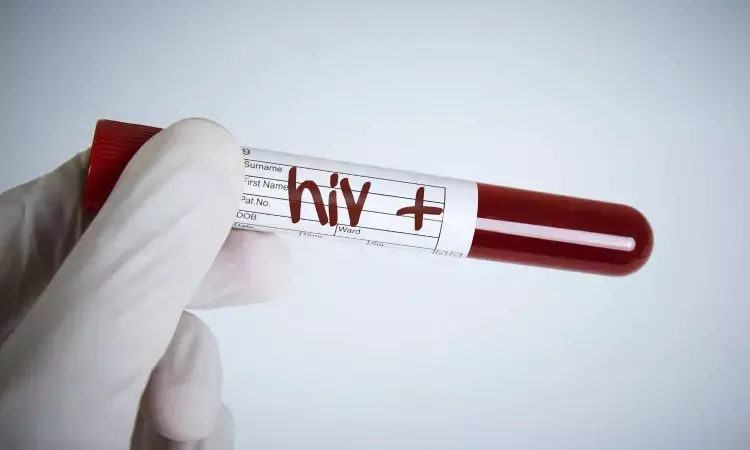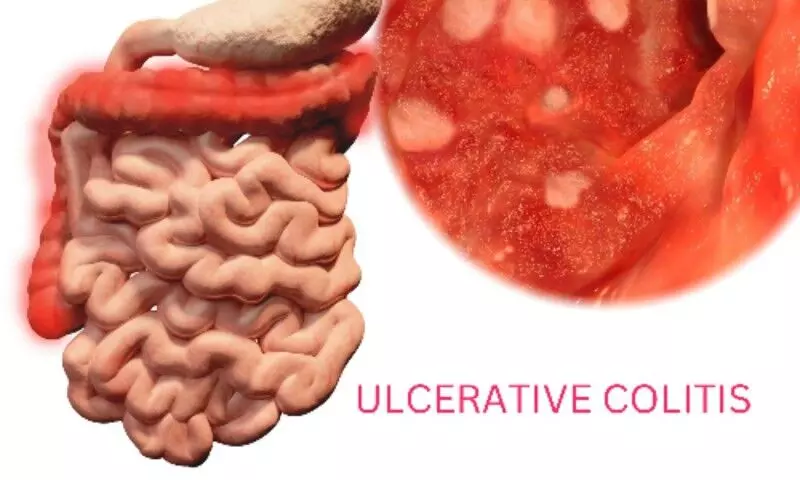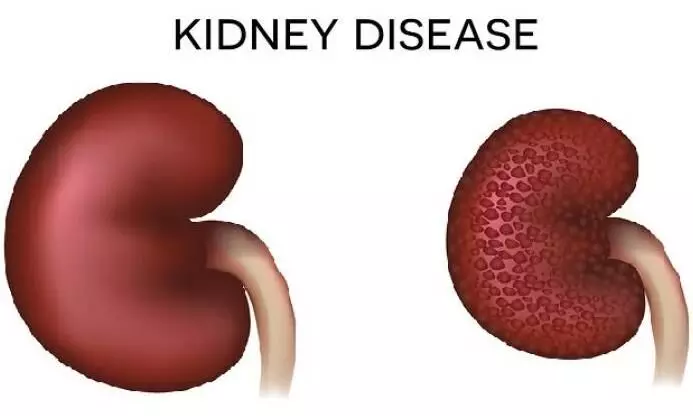- Home
- Medical news & Guidelines
- Anesthesiology
- Cardiology and CTVS
- Critical Care
- Dentistry
- Dermatology
- Diabetes and Endocrinology
- ENT
- Gastroenterology
- Medicine
- Nephrology
- Neurology
- Obstretics-Gynaecology
- Oncology
- Ophthalmology
- Orthopaedics
- Pediatrics-Neonatology
- Psychiatry
- Pulmonology
- Radiology
- Surgery
- Urology
- Laboratory Medicine
- Diet
- Nursing
- Paramedical
- Physiotherapy
- Health news
- Fact Check
- Bone Health Fact Check
- Brain Health Fact Check
- Cancer Related Fact Check
- Child Care Fact Check
- Dental and oral health fact check
- Diabetes and metabolic health fact check
- Diet and Nutrition Fact Check
- Eye and ENT Care Fact Check
- Fitness fact check
- Gut health fact check
- Heart health fact check
- Kidney health fact check
- Medical education fact check
- Men's health fact check
- Respiratory fact check
- Skin and hair care fact check
- Vaccine and Immunization fact check
- Women's health fact check
- AYUSH
- State News
- Andaman and Nicobar Islands
- Andhra Pradesh
- Arunachal Pradesh
- Assam
- Bihar
- Chandigarh
- Chattisgarh
- Dadra and Nagar Haveli
- Daman and Diu
- Delhi
- Goa
- Gujarat
- Haryana
- Himachal Pradesh
- Jammu & Kashmir
- Jharkhand
- Karnataka
- Kerala
- Ladakh
- Lakshadweep
- Madhya Pradesh
- Maharashtra
- Manipur
- Meghalaya
- Mizoram
- Nagaland
- Odisha
- Puducherry
- Punjab
- Rajasthan
- Sikkim
- Tamil Nadu
- Telangana
- Tripura
- Uttar Pradesh
- Uttrakhand
- West Bengal
- Medical Education
- Industry
Doxycycline prophylaxis prevents bacterial STIs in Men who have sex with men

New research revealed that there was a two-thirds reduction in the combined incidence of gonorrhea, chlamydia, and syphilis with doxycycline postexposure prophylaxis than with standard care. The study results published in The New England Journal of Medicine validate doxycycline prophylaxis use among men who have sex with men with bacterial sexually transmitted infections.
Men who have sex with men (MSM) is clinically used to refer to sexual behavior regardless of sexual orientation and comprises a diverse group in terms of behaviors, identities, and health care needs. MSM are at high risk of HIV infection. Preexposure prophylaxis (PrEP) is suggested for MSM in preventing HIV infection. There is a necessity to use interventions for reducing sexually transmitted infections (STIs) among MSM as cisgender men and transgender women are disproportionately affected. Hence researchers conducted an open-label, randomized study to assess the safety and efficacy of doxycycline post-exposure prophylaxis among MSM and transgender women taking HIV preexposure prophylaxis.
Participants included MSM and transgender women who were taking PrEP against HIV infection (PrEP cohort) or living with HIV infection (PLWH cohort) and who had had Neisseria gonorrhoeae (gonorrhea), Chlamydia trachomatis (chlamydia), or syphilis in the past year. All the participants were randomly assigned in a 2:1 ratio to take 200 mg of doxycycline within 72 hours after condomless sex (doxycycline postexposure prophylaxis) or receive standard care without doxycycline. Quarterly STI testing was done. The incidence of at least one STI per follow-up quarter was the primary endpoint.
Key findings:
- Among 501 participants, there were 327 in the PrEP cohort and 174 in the PLWH cohort.
- Of these 67% were White, 7% Black, 11% Asian or Pacific Islander, and 30% Hispanic or Latino.
- In the PrEP cohort, an STI was diagnosed in 61 of 570 quarterly visits (10.7%) in the doxycycline group and 82 of 257 quarterly visits (31.9%) in the standard care group. -
- There was an absolute difference of −21.2 percentage points and a relative risk of 0.34 (95% confidence interval [CI], 0.24 to 0.46; P<0.001).
- In the PLWH cohort, an STI was diagnosed in 36 of 305 quarterly visits (11.8%) in the doxycycline group and 39 of 128 quarterly visits (30.5%) in the standard care group.
- There was an absolute difference of −18.7 percentage points and a relative risk of 0.38 (95% CI, 0.24 to 0.60; P<0.001).
- The incidences of the three evaluated STIs were lower with doxycycline than with standard care; in the PrEP cohort, the relative risks were 0.45 for gonorrhea, 0.12 for chlamydia, and 0.13 for syphilis, and in the PLWH cohort, the relative risks were 0.43, 0.26, and 0.23, respectively.
- There were 5 grade 3 adverse events and no serious adverse events attributed to doxycycline.
- Of the participants with gonorrhea culture available, tetracycline-resistant gonorrhea occurred in 5 of 13 in the doxycycline groups and 2 of 16 in the standard-care groups.
Thus, among MSM and transgender women, who recently had bacterial STIs doxycycline PEP reduced the risk of bacterial STIs more than standard care.
Further reading: Luetkemeyer AF, Donnell D, Dombrowski JC, et al. Postexposure Doxycycline to Prevent Bacterial Sexually Transmitted Infections. N Engl J Med. 2023;388(14):1296-1306. doi: 10.1056/NEJMoa2211934
BDS, MDS
Dr.Niharika Harsha B (BDS,MDS) completed her BDS from Govt Dental College, Hyderabad and MDS from Dr.NTR University of health sciences(Now Kaloji Rao University). She has 4 years of private dental practice and worked for 2 years as Consultant Oral Radiologist at a Dental Imaging Centre in Hyderabad. She worked as Research Assistant and scientific writer in the development of Oral Anti cancer screening device with her seniors. She has a deep intriguing wish in writing highly engaging, captivating and informative medical content for a wider audience. She can be contacted at editorial@medicaldialogues.in.
Dr Kamal Kant Kohli-MBBS, DTCD- a chest specialist with more than 30 years of practice and a flair for writing clinical articles, Dr Kamal Kant Kohli joined Medical Dialogues as a Chief Editor of Medical News. Besides writing articles, as an editor, he proofreads and verifies all the medical content published on Medical Dialogues including those coming from journals, studies,medical conferences,guidelines etc. Email: drkohli@medicaldialogues.in. Contact no. 011-43720751




